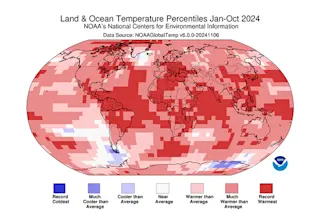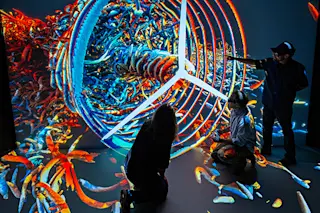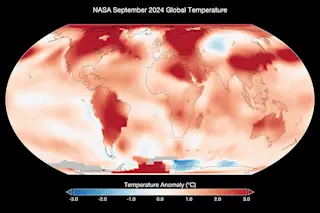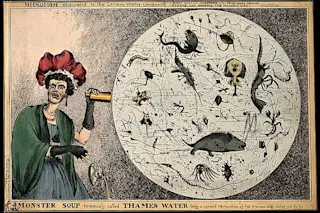Oh, the irony. Yesterday, Rolling Stone magazine posted Al Gore's 7,000 word essay, which is critical of the media's (and President Obama's) handling of climate change. That same day, the highly respected PBS news show hosted a discussion of Gore's essay. Instead of inviting non-partisan environmental scholars or political scientists to analyze the essay's premises, PBS went with three agenda-pushing wonk/pundits that reflected the left wing/right wing spectrum. One of them was Ken Green, a resident scholar at the conservative/libertarian-oriented American Enterprise Institute. At one point in the discussion, Gwen Ifill, the PBS host, unintentionally gave him an opening to hijack the discussion. According to the transcript, here's the exchange where Green does his best Marc Morano imitation. What follows requires serious unpacking. But first read it through:
GWEN IFILL: Are we having the right argument? Is -- are the climate skeptics being given too much, too little attention? KENNETH ...













